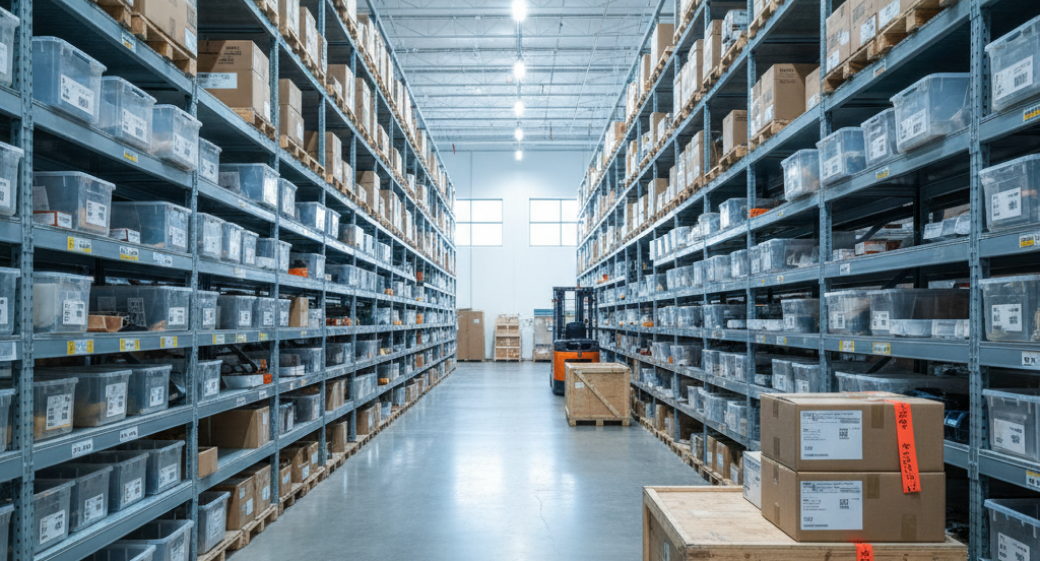How to Identify Certified Aircraft Parts

Why Certification Matters
In commercial aviation, no component can be installed without proper traceability and certification. Every part must have a clear origin and proof of airworthiness. Without it, maintenance crews simply cannot sign off the job, and the aircraft remains on the ground.
Certification isn’t just a formality – it’s a guarantee that the part was tested, approved, and safe to use on a specific aircraft type. It’s what protects operators from technical, financial, and regulatory risks.
Required Documentation for Aircraft Parts
When sourcing components, don’t just look at the part number or manufacturer name – always check the documentation package. The following forms are the most common in aviation:
-
FAA Form 8130-3 – the U.S. Airworthiness Approval Tag confirming compliance with FAA standards.
-
EASA Form 1 – the European equivalent, verifying conformity with EASA requirements.
-
Certificate of Conformance (C of C) – the manufacturer’s declaration that the part meets its approved design and quality standards.
-
Traceability Records and Material Certificates – documents proving the origin, batch number, and production history of each component.
If a supplier hesitates to provide these papers or claims they are “not necessary,” it’s a clear warning sign. In aviation, missing documentation is often a bigger problem than a missing part.
The Role of a Reliable Supplier
Attractive prices may tempt some buyers, but parts without complete paperwork almost always create problems during inspection or acceptance. The item may look right, but if documentation is missing or incomplete, it can’t be fitted – and the aircraft stays grounded.
7TAG AVIA works exclusively with authorized distributors and proven supply channels. Before shipping, every item is checked for serial numbers, order accuracy, packaging condition, and full documentation. This attention to detail allows maintenance teams to receive and install components without delays or uncertainty.

How It Affects Your Business
Using uncertified parts isn’t just a compliance issue – it’s a direct operational and financial risk. A single undocumented component can be rejected by regulators or quality control, causing schedule disruptions and additional costs.
When all deliveries include the proper certificates and traceability, maintenance runs smoothly and predictably.
At 7TAG AVIA, certification isn’t an extra service – it’s the standard. Clients receive not just a shipment, but a fully documented delivery ready for installation and immediate use.
